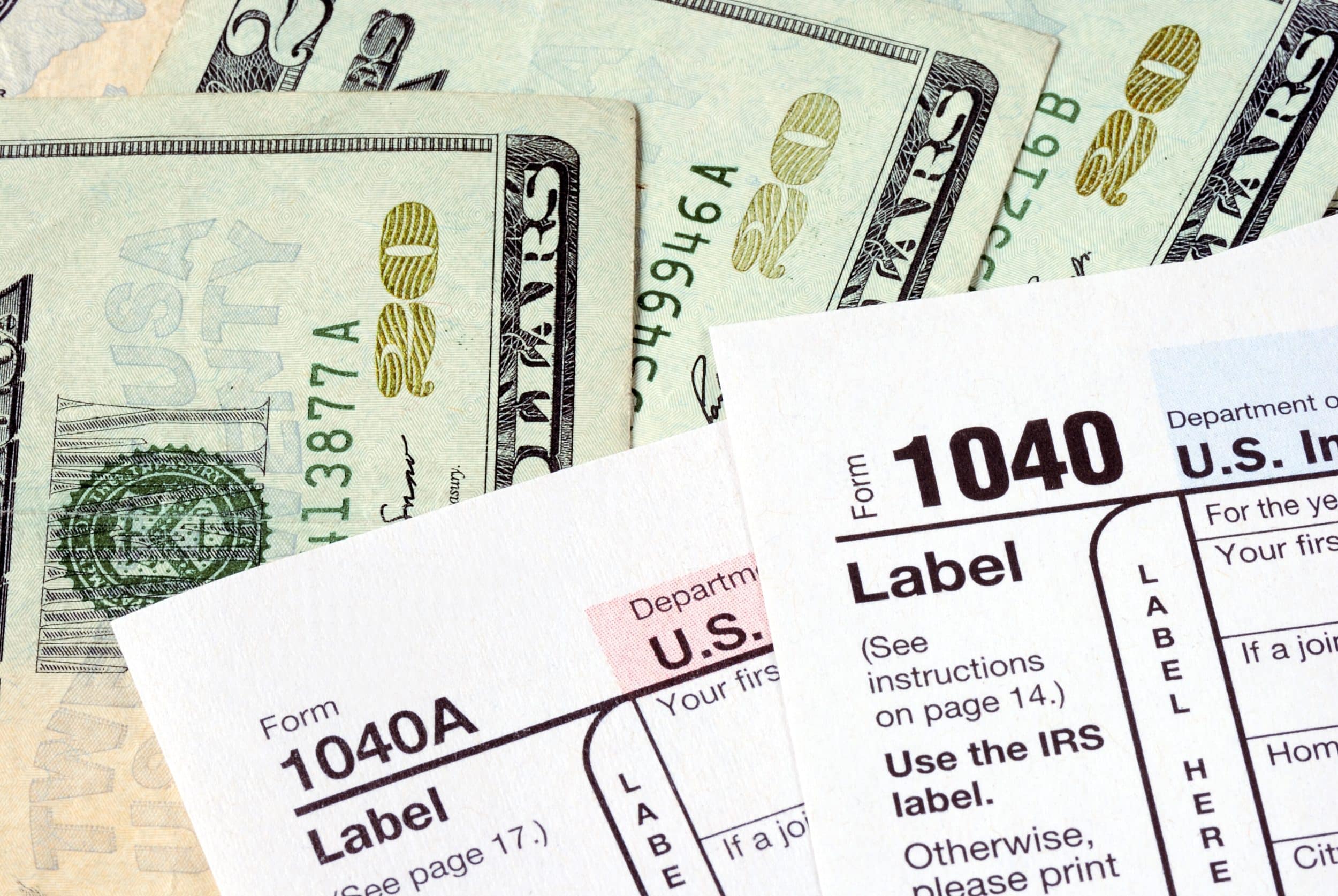Overpaying on taxes, unfortunately, is a very real situation for many people. Whether they are unaware of certain tax codes and credits or lack a true tax strategy, many families are stuck paying more than others at tax time. This can lead to less money in their pockets and a more difficult path toward building wealth and meeting their financial goals.
Luckily, if you think you may be overpaying in taxes, there are several proven strategies you can implement to help you pay less each year. Whether it’s maximizing the contributions to your Flexible Spending Account, starting a side hustle to gain access to several key tax deductions, or finding ways to maximize your chance of obtaining important tax credits, our top 3 tactics to pay less in taxes are sure to help.
1. Take Advantage of Flexible Spending Accounts
The first tax-saving strategy you should consider is to leverage a Flexible Spending Account (FSA) or Health Savings Account (HSA) to lower your taxable income. Like a 401(k), the IRS will not include contributions to an FSA or HSA by payroll deductions in your taxable income when they calculate how much you owe at the end of the year. Taking advantage of these deductions is a quick and easy way to ultimately lower your overall taxed amount.
However, to qualify for an HSA, you need to have a high-deductible health insurance plan. There are also maximum deductible contribution levels, meaning that an individual or family can only contribute a certain amount every year to an HSA.
For 2022, the contribution limits are as follows:
|
Tax Status |
HSA Contribution Limit |
|
Individual |
$3,650 |
|
Family |
$7,300 |
FSAs, however, do not carry these restrictions, and can cover a wider variety of expenses, not just medical.
Further, the funds from your contributions to these accounts can increase in value without counting as a source of income or capital gains, meaning you may not have to pay taxes on the profits. An additional tax benefit of having an HSA or FSA is that you can use the funds to pay for eligible expenses, keeping those expenses as tax-free as possible, too.
For these reasons, contributing to an FSA or HSA is a great way to decrease your taxable income, and can be a good place to start when trying to lower your overall tax bill.
2. Start a “Side Hustle”
Running a business can be complicated. However, entrepreneurs have access to several tax-saving advantages in addition to the potential for an increased income.
Specifically, by starting a side hustle you will gain access to additional tax deductions than you wouldn’t be able to claim as a typical W-4 employee.
Specifically, business owners can deduct a variety of business-related expenses to lower their overall tax burden at the end of the year. These can include, but are not limited to:
- Start-Up Costs
- Auto Expenses
- Insurance
- Travel
- Advertising
- Equipment
- Business Needs
Deducting a home office can be another advantageous way to save on your taxes when filing. In most cases, you can become eligible for a home office deduction if you regularly utilize a certain area of your house exclusively for work. This can be beneficial because you can file your deduction either by your office’s square footage (known as the simple option) or by the real expenses of the home office (including mortgage interest, insurance, utilities, repairs, and depreciation).
Depending on the situation, your tax expert can use your home office and related business expenses to give you access to valuable deductions that can save you money come tax season.
3. Take Advantage of Tax Credits
Staying up to date on IRS tax credits can be a powerful way to save on your annual taxes. Most people are aware of the typical strategies such as claiming a dependent credit (where you claim your children), but there are actually a variety of programs and situations that can lead to credits with the potential to lower your overall tax burden.
As a few examples, you should make sure you aren’t missing out on any of the following tax credits for which you may be eligible:
- Education Credits
- Child and Dependent Care Credit
- Individual Retirement Arrangement Credits
- Plug-in Electric Vehicle Credits
- Residential Energy Efficiency Credits
In certain situations, you may even have access to a variety of Coronavirus-related credits, so it is important to review the tax credit options often to ensure that you are maximizing your tax savings.
This can be another huge benefit to working closely with a tax strategist, as they are up-to-date on the most recent changes to the tax law. Access to an experienced tax professional who an understanding of your specific financial situation can be a great way to put your best foot forward when it comes to tax savings.
Bottom line: Overpaying on taxes is a reality many people face. However, with proper guidance and advisory services, you can apply many tactics to help lower your tax bill each year. Curious about how much you could save? Check out our Tax Saving Assessment, and be sure to contact our tax saving professionals for expert wealth and tax strategies.


;)
;)
;)